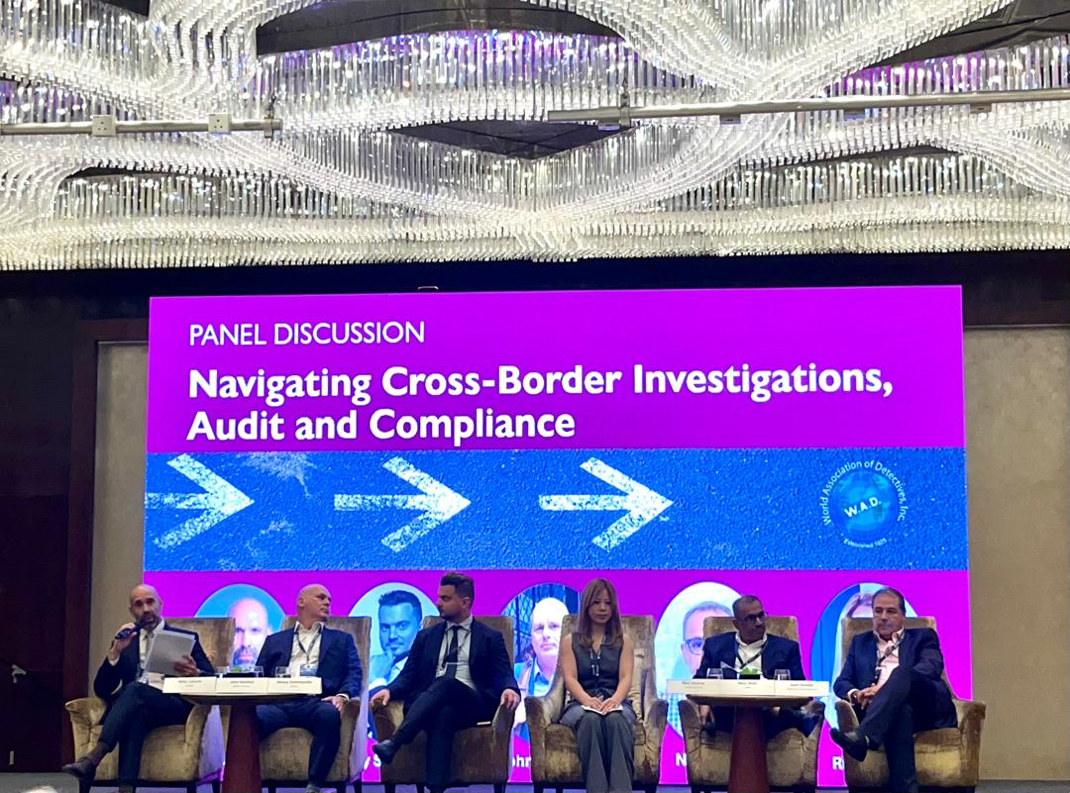intellectual property
Conducting international investigations...
Oct.01.2024
We had a great panel discussion on international investigations at the 99th Annual World Association of Detectives conference in Kuala Lumpur. Always great to see old friends and meet some new ones. The hospitality of our Malaysian hosts was out of this world! Enjoyed the numerous meals of chicken rendang and satay. And the city was a treat. One point overall was the transnational nature of crime requires us to educate resistance at the ground root level. Governments are failing to keep to speed as scams targeting the elderly, "pig-butchering", romance scams and others are getting more sophisticated.








Bimbo Bakeries crumbles opposition in trade secret case
Sep.03.2010
A recent PA case, Bimbo Bakeries v. Botticella, the Third Circuit held that if the facts show a “substantial threat” of misappropriation, an employer may be able to obstruct mobility of former employees -- even in the absence of a non-compete agreement.
Botticella was a senior executive at Bimbo Bakeries, the maker of Thomas’, Entenmann’s, and Boboli brands. He was se to move to a competitor, Hostess. While he had signed an agreement to never disclose Bimbo’s proprietary information, he had not signed a non-compete. Nonetheless, despite the public interest in employees' freedom to work where they please, the court held that Bimbo could stop Botticella from working in light of evidence that he was copying files from his laptop to external devices prior to leaving Bimbo (he claimed he did so only to practice his computer skills; the court squashed this cupcake argument).
Thus if a solid forensic and background investigation shows a “substantial threat” of misappropriation, the employee is left with crumbs.
Botticella was a senior executive at Bimbo Bakeries, the maker of Thomas’, Entenmann’s, and Boboli brands. He was se to move to a competitor, Hostess. While he had signed an agreement to never disclose Bimbo’s proprietary information, he had not signed a non-compete. Nonetheless, despite the public interest in employees' freedom to work where they please, the court held that Bimbo could stop Botticella from working in light of evidence that he was copying files from his laptop to external devices prior to leaving Bimbo (he claimed he did so only to practice his computer skills; the court squashed this cupcake argument).
Thus if a solid forensic and background investigation shows a “substantial threat” of misappropriation, the employee is left with crumbs.